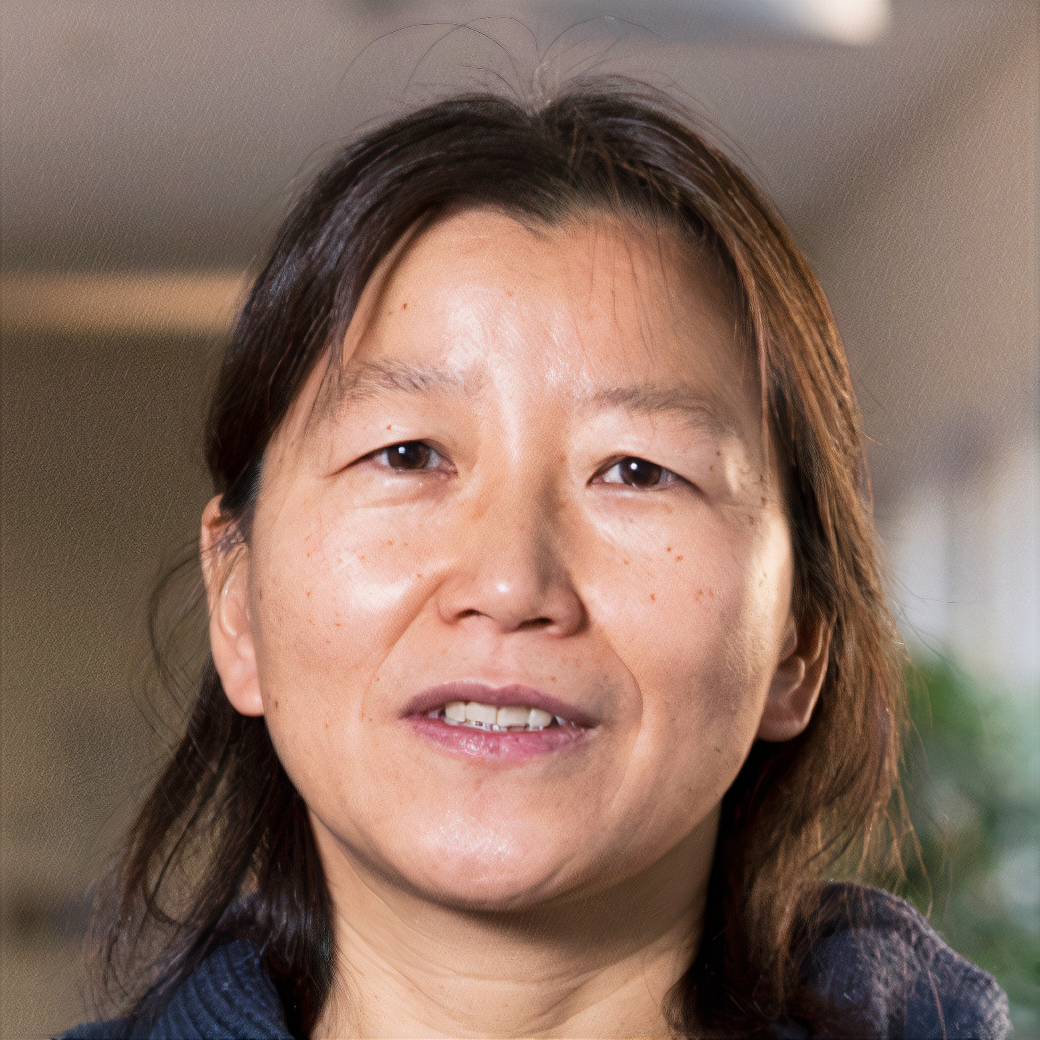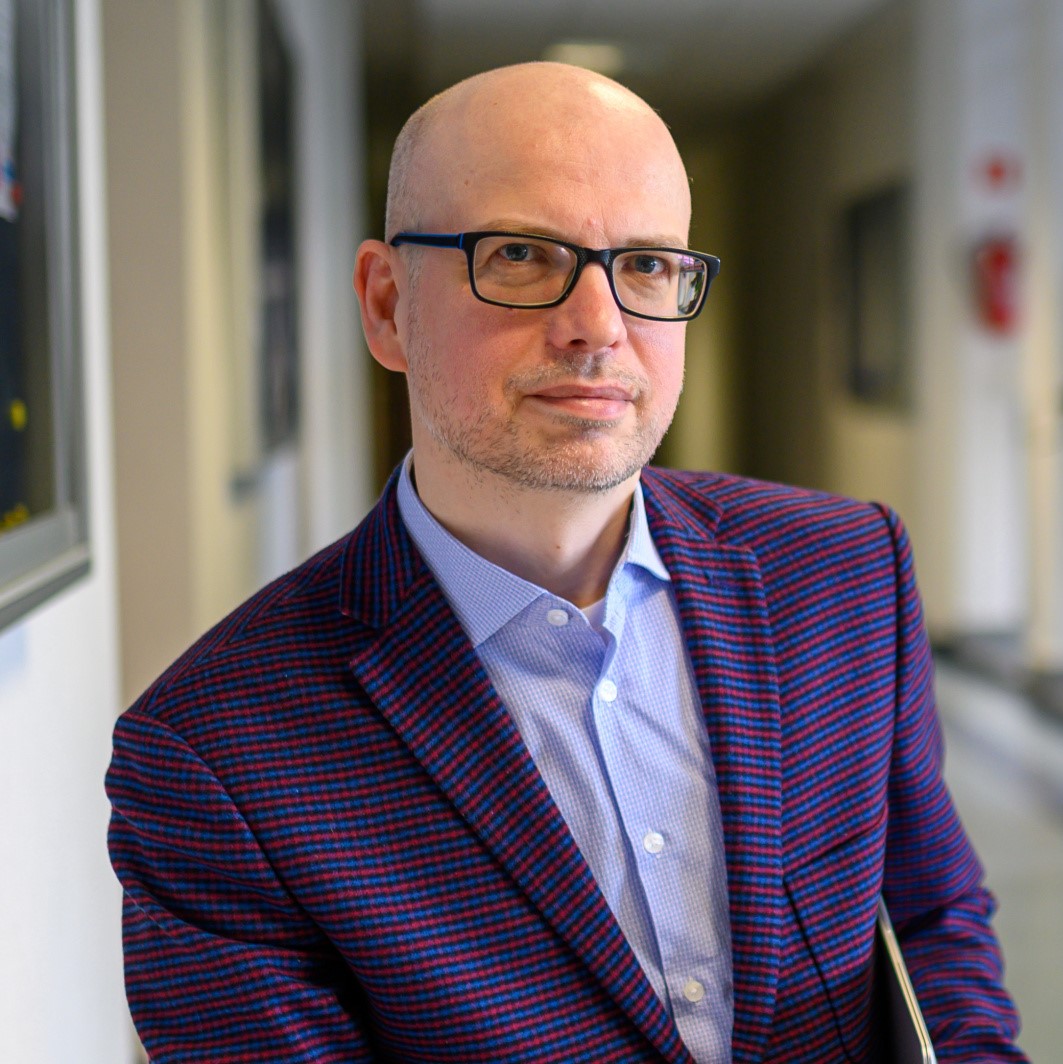Keynotes
The importance of asking the right questions
Speaker: Xiaofeng Wang (University of Bolzano, Italy)

Abstract: After over 20 years of research in agile software development and software startups, I’ve come to one important realization: asking the right questions is crucial in both the endeavors I have researched on, and in my own research work. Whether it’s developing valuable software, building successful startups, or conducting impactful research, the importance of asking the right questions cannot be overstated, yet it is often overlooked by both practitioners and researchers. The recent surge of Generative AI has further underscored the necessity of asking the right questions, particularly through prompt engineering. In this keynote talk, I will present various cases to illustrate the critical importance of this skill in the fields that I know. I will also argue that the ability to ask the right questions is essential for everyone to truly harness the power of Generative AI.
About the Speaker: Xiaofeng Wang received her PhD from University of Bath, UK. Before joining Unibz, she worked in Lero, the Irish Software Engineering Research Centre as a postdoc. She has more than 10 years of experience in agile and lean software development research, both in academia and with industry, including several multiple-international corporates. She is actively publishing in both software engineering and information systems venues, including IEEE Software, Journal of Systems and Software, Information Systems Research, etc. She is also active in serving various conferences. She has experience in working on national and European projects.
How the Metaverse is reshaping our reality
Speaker: Marinos Themistocleous (University of Nicosia, Cyprus)

Abstract: In February 2021, a startup called RTFKT designed and sold 600 unique pairs of virtual sneakers, generating $3.1 million in less than five minutes. Remarkably, the project, from conception to sale, took only two weeks. Due to this great success the company decided to create the physical replicas of these 600 pairs of virtual sneakers, which were later shipped to the buyers. This innovative approach blended the digital and physical worlds in a novel way. Today, this blending of the physical and virtual worlds happens in all sectors ranging from education and gaming, to travel and public domain. Cities like Seoul have already created their digital twin to support better planning, exploration and offer improved quality of service. In entertainment 28 million of users attended Ariana Grande’s virtual concert and in fashion a Gucci virtual bag was sold much more than the physical one. In this keynote speech, I will guide the audience through the fascinating world of the Metaverse and discuss its potential, opportunities, and challenges.
About the Speaker: Professor Marinos Themistocleous is currently the Associate Dean of the School of Business, Director at the Institute For Future (IFF), and the scientific coordinator of the world-leading MSc program in Metaverse at the University of Nicosia. Prior to his tenure at the University of Nicosia, he worked at Brunel University in London and the University of Piraeus in Greece. He has also held visiting positions at Bocconi University in Milan and IE University in Madrid. From 2019 to 2021, he was a member of the Parallel Parliament of Cyprus and served as president of the Digital Economy and Digital Governance Committee. Marinos is a highly regarded advisor and consultant, collaborating with numerous organizations in the USA, UK, EU, and UAE in fields like blockchain, the Metaverse, digital transformation, information systems integration, e-health, e-business, e-government, and smart cities. His current work focuses on Metaverse applications, blockchain, and NFTs. Prof. Themistocleous is a highly productive writer, he has authored over 175 refereed journal and conference articles, 9 books, and has been recognized with citations and awards of excellence. His research has attracted funding from various sources. Marinos is an active member of the editorial boards of several academic journals and conferences. In the past, he was the managing editor of the European Journal of Information Systems (EJIS).
Dos and Don’ts of LLMs: How to Survive Past the Trough of Disillusionment?
Speaker: Piotr Szczuko (Gdansk University of Technology, Poland)

Abstract: Generative AI, and LLMs in particular, just have passed the peak of inflated expectation of the hype cycle, now plunging towards the trough of disillusionment. What illusions skew our perception of this technology, what could we do to swiftly proceed towards enlightenment and productivity? In the keynote I will present critical analysis of Does and Dont’s, uses and misuses of LLMs, allowing us to target our focus and future research of Generative AI.
About the Speaker: Piotr Szczuko is a researcher and teacher in the Multimedia Systems Department at Gdansk University of Technology. He is interested in responsibility, ethics and explainability of artificial intelligence and its applications in teaching, communication and creativity. He is an expert in the optimization of artificial neural networks, language models and multimodal data processing. He has co-authored more than 100 publications on interdisciplinary applications of machine learning. He shares his knowledge in social media, lectures, and podcasts.